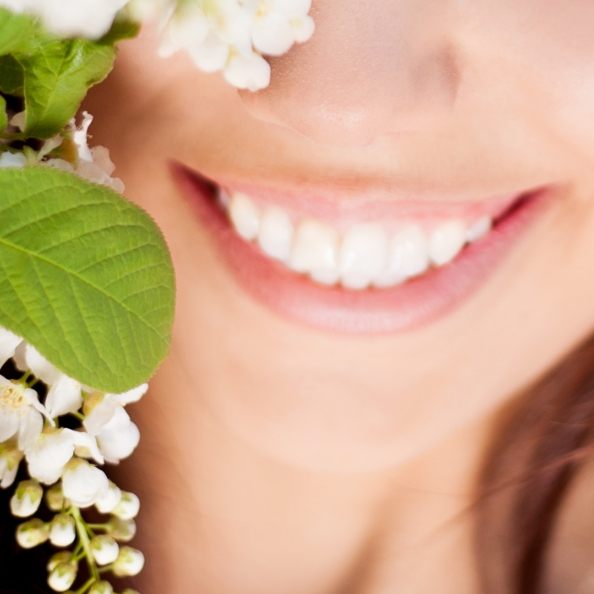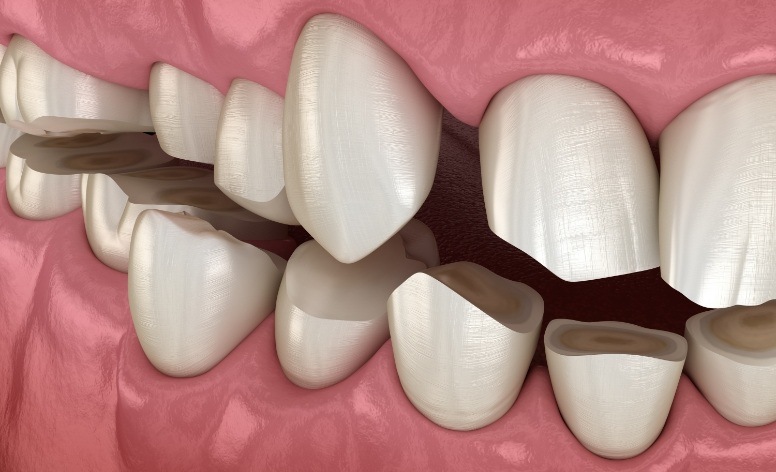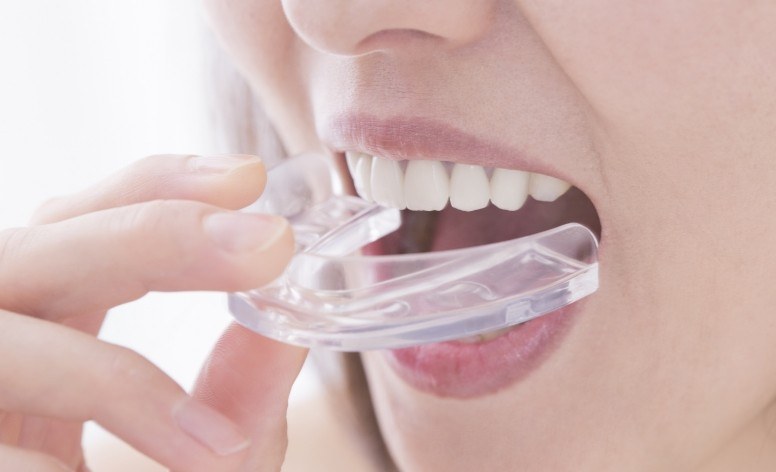



If you wake up in the morning feeling as if you’ve been punched in the jaw, then the problem may be that you grind your teeth during the night. In dentistry, teeth grinding is called bruxism and most often occurs unconsciously during sleep. Nevertheless, there are people who grind or clench their teeth during the day, too. You may notice that your teeth forcefully come together when you are concentrating on a mentally challenging task or lifting something heavy. Whether you brux during the day or only at night, treatment is available from the dentists at Fort Dental, including tooth adjustments for teeth grinding in our Fort Worth, TX dental office.

In addition to sore teeth and jaws, there are other symptoms connected with bruxism. These include:
In addition, you and your Fort Worth dentist may notice that some of your teeth show signs of abnormal wear. This can eventually lead to fractured teeth that require extraction and replacement.

According to the Bruxism Association, the most common reasons for teeth grinding and clenching are stress and anxiety. Studies also show that people who smoke or are heavy drinkers of alcohol or caffeine are also more prone to grind their teeth. In addition, people with depression and those who snore or have obstructive sleep apnea may also be teeth grinders.

While there are several treatment options for bruxism including custom-fitted nightguards, lifestyle changes and behavior modifications, Fort Dental also offers teeth adjustments. With this treatment, Dr. Cheng, Dr. Thorburn, Dr. Luk, or Dr. Cox may need to combine procedures. Options include: